Unlike larger organisations, smaller retailers must be cautious when making stock-related decisions due to the costs they can incur and the variety of choices available.
You must make some of the most integral business choices during inventory management to ensure you’re on track to achieve your targets.
For instance, do you find that you run out of in-demand stock at any point? Do you lose capital when you can’t fulfil orders because these items are out of stock? Or do you have so much excess inventory that you don’t know where to store it?
If the answer to any of the above questions was yes, it might be time for your business to re-evaluate its inventory management processes.
Fortunately, we outline several suggestions in our article below, from outsourcing self-storage facilities to predicting your most in-demand stock items – keep reading to find out more.
Make Smart Storage Choices
Of all the limitations that smaller retailers face, one of the most annoying is spatial limitations. If you have limited space in your storefront, organising inventory quickly becomes a pain. Before long, you’re not sure what stock you’ve rotated, what you’ve sold, or what needs to be stored.
Yet, if you haven’t the funds to move into a more substantial premise, you might wonder how to expand your storage without breaking the bank.
This is where self-storage facilities like K2 Storage Solutions come in, which offer flexible leasing solutions enabling smaller retailers to improve efficiency, increase security, reduce costs, maximise space and provide scalability.
Consider visiting their website to browse their entire list of services, from bulk storage and picking/packing services to reading customer testimonials.
Or contact a team member for specific inquiries, and see how their self-storage solutions could improve your business inventory management today.
Choose An Effective Inventory Management Software
If you’re tired of manually adjusting inventory levels and never having a clear idea of what’s in stock, why not consider implementing effective inventory management software?
However, with so many recent developments in the technology sector, it can be challenging to determine which software would best benefit your business.
Ultimately you want to implement the best inventory management software possible that provides the following benefits for your retail business:
- Syncing your inventory with customer orders ensures that you have adequate stock before accepting the order and reducing lost customers/damaged company image.
- Ensuring you have full traceability of your products and can easily find anything less-than-satisfactory.
- See which suppliers are most beneficial for your business.
- It saves you from building up waste and obsolete materials that can incur additional costs, take up space, and many more.
Improve Your Inventory Forecasting
The key to having a sound inventory management system is ensuring you know your inventory.
You might think that this is easy, but do you know simple information like which items are your best sellers? How many units do you have in stock at this very moment? How much has been sold in the last month?
If you’re unsure about any of the answers to the above questions, it might be time to improve your inventory forecasting.
Doing so ensures that you know key pieces of information, which allows you to estimate future sales, draw comparisons, and create more accurate monthly/yearly reports – ultimately improving your inventory management.




